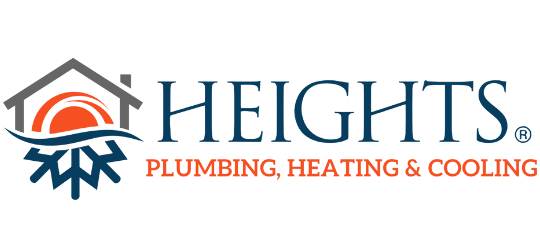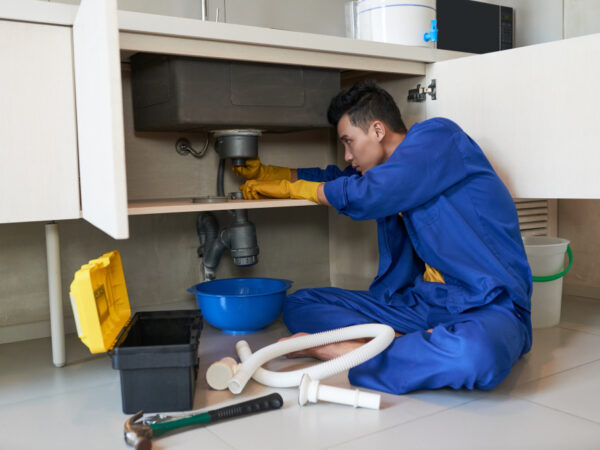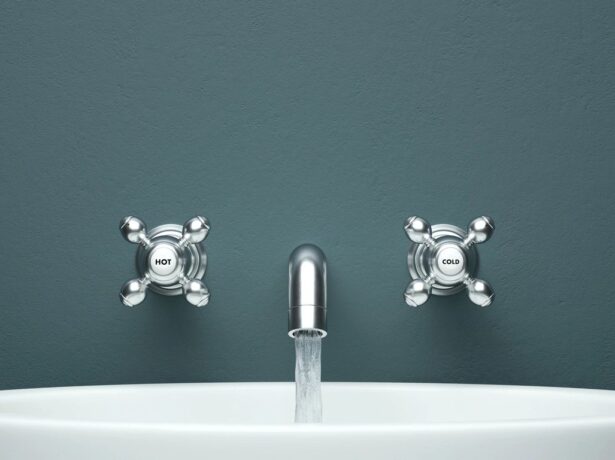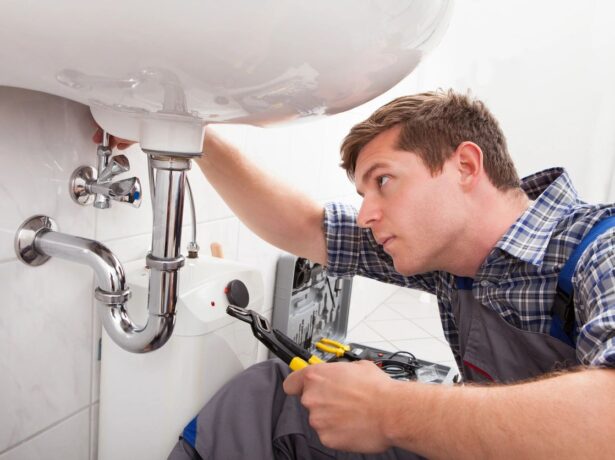Welcome to “Pipe Dreams: Unveiling the Secrets to a Leak-Free Home with Expert Plumbing Tips.” In this comprehensive guide, we will unlock the secrets to maintaining a leak-free home, saving you from the headaches and expenses that come with water damage.
Leaky pipes can cause significant damage to your home, from ruining your carpets and furniture to promoting mold growth. But fear not, as we have collaborated with top plumbing experts to provide you with invaluable tips that will keep your pipes pristine and your home dry.
The Importance of Leak-Free Plumbing
A leak-free plumbing system is crucial for the well-being of your home. Not only does it prevent water damage, but it also safeguards your health by minimizing the risk of mold and mildew growth. Additionally, a leak-free home ensures that you are not wasting water, which is not only environmentally friendly but also saves you money on utility bills.
To achieve a leak-free home, it’s essential to understand the common causes of leaks and be able to identify the signs of a plumbing leak.
Common Causes of Leaks in the Home
There are several common causes of plumbing leaks in homes. One of the primary culprits is aging pipes. Over time, pipes can corrode, rust, and deteriorate, leading to leaks. Another common cause is high water pressure. Excessive water pressure can put strain on your pipes, leading to leaks and bursts. Additionally, poor installation or improper maintenance can contribute to plumbing leaks.
Signs of a Plumbing Leak
Detecting a plumbing leak early can save you from costly repairs and water damage. Here are some signs that indicate a potential plumbing leak:
- Unexplained increase in water bills: If your water bills have suddenly skyrocketed without any change in water usage, it could be a sign of a hidden plumbing leak.
- Water stains or discoloration: Notice any discolored patches on your walls, ceilings, or floors? This could indicate a leaky pipe behind the surface.
- Musty odors: A persistent musty smell in your home could be a sign of hidden water damage caused by a plumbing leak.
- Dripping sounds: If you hear the sound of water dripping or running even when all faucets are turned off, it’s a clear indication of a leak.
- Mold or mildew growth: Excessive moisture from a plumbing leak can promote the growth of mold and mildew, especially in damp areas like bathrooms or basements.
DIY Plumbing Leak Detection and Prevention Tips
While some plumbing issues require professional assistance, there are several steps you can take to detect and prevent leaks in your home.
- Regularly inspect your plumbing system: Check for visible signs of leaks, such as water stains, drips, or corrosion. Pay attention to areas with exposed pipes, such as under sinks or in the basement.
- Monitor your water meter: Turn off all water sources in your home and check if the meter continues to run. If it does, it could indicate a hidden leak.
- Fix leaky faucets and toilets promptly: A dripping faucet or a running toilet may seem insignificant, but they can waste a significant amount of water over time and potentially lead to larger leaks.
- Insulate exposed pipes: Insulating pipes in areas prone to freezing, such as crawl spaces or attics, can help prevent pipe bursts during cold weather.
- Avoid using harsh chemicals: Harsh chemicals can corrode pipes over time. Opt for natural, non-toxic alternatives when cleaning drains or pipes.
Hiring a Professional Plumber for Leak Repair
While some plumbing issues can be resolved through DIY methods, certain situations call for the expertise of a professional plumber. If you encounter the following scenarios, it’s best to seek professional help:
- Burst pipes or major leaks: Large leaks require immediate attention to minimize water damage and prevent further complications.
- Hidden leaks: If you suspect a hidden leak behind a wall or beneath the floor, professional plumbers have the tools and expertise to locate and repair it without causing unnecessary damage.
- Plumbing system replacements: If your plumbing system is outdated or experiencing recurrent leaks, a professional plumber can assess the situation and recommend a replacement or upgrade.
Essential Tools for DIY Plumbing Repairs
If you’re confident in your DIY skills and want to tackle minor plumbing repairs, it’s important to have the right tools on hand. Here are some essential tools you’ll need:
- Adjustable wrench: Used for tightening or loosening nuts and bolts on pipes.
- Pipe cutter: Allows you to cut through pipes cleanly and accurately.
- Plunger: An essential tool for unclogging drains and toilets.
- Pipe tape: Also known as Teflon tape, it helps create a watertight seal when connecting pipes.
- Plumber’s putty: Used to create a waterproof seal around plumbing fixtures like sinks and tubs.
Remember to exercise caution and turn off the water supply before attempting any DIY plumbing repairs.
How to Maintain Your Plumbing System to Prevent Leaks
Preventative maintenance is key to keeping your plumbing system in top shape and preventing leaks. Here are some tips to maintain your plumbing system:
- Regularly clean drains and remove debris: Avoid clogs by periodically cleaning drains and removing hair, food particles, and other debris.
- Avoid pouring grease down drains: Grease can solidify and cause clogs in your pipes. Dispose of it properly in a sealed container.
- Schedule regular water heater maintenance: Sediment buildup in your water heater can lead to leaks. Regularly flush and maintain your water heater to prevent issues.
- Inspect and maintain your sump pump: If you have a basement prone to flooding, ensure your sump pump is in good working condition.
- Winterize your plumbing: Before the cold winter months, insulate exposed pipes, disconnect outdoor hoses, and ensure proper drainage to prevent freezing and burst pipes.
Eco-Friendly Plumbing Solutions to Reduce Water Waste
Conserving water not only benefits the environment but also reduces your utility bills. Here are some eco-friendly plumbing solutions to reduce water waste:
- Install low-flow fixtures: Replace older faucets, showerheads, and toilets with low-flow alternatives to reduce water consumption without sacrificing performance.
- Fix leaks promptly: Even a small drip can waste a significant amount of water over time. Address leaks promptly to prevent water waste.
- Collect and reuse rainwater: Install a rain barrel to collect rainwater and use it for watering plants or cleaning purposes.
- Opt for water-efficient appliances: When it’s time to replace your dishwasher or washing machine, choose models with high water efficiency ratings.
The Benefits of Regular Plumbing Inspections
Regular plumbing inspections play a vital role in preventing leaks and identifying potential issues before they escalate. Here are some benefits of scheduling regular plumbing inspections:
- Early leak detection: Professional plumbers can identify hidden leaks that may not be visible to the untrained eye, allowing for prompt repairs.
- Extended lifespan of plumbing system: Regular maintenance and inspections help prolong the lifespan of your plumbing system, reducing the likelihood of leaks and costly replacements.
- Peace of mind: Knowing that your plumbing system is in good working order provides peace of mind and minimizes the risk of unexpected emergencies.
Conclusion: Achieving a Leak-Free Home
In conclusion, achieving a leak-free home is within your reach with the right knowledge and proactive maintenance. By understanding the common causes of leaks, detecting signs of plumbing issues, and following expert tips for prevention and repair, you can enjoy a dry and pristine living environment.
Remember, when in doubt, it’s always best to consult a professional plumber for complex repairs or if you’re unsure of your DIY abilities. Regular plumbing inspections and eco-friendly practices will help you maintain a leak-free home, save water, and protect your property.
Say goodbye to the stress of water damage and take control of your plumbing system. With these expert tips and your newfound knowledge, you can turn pipe dreams into a leak-free reality.
